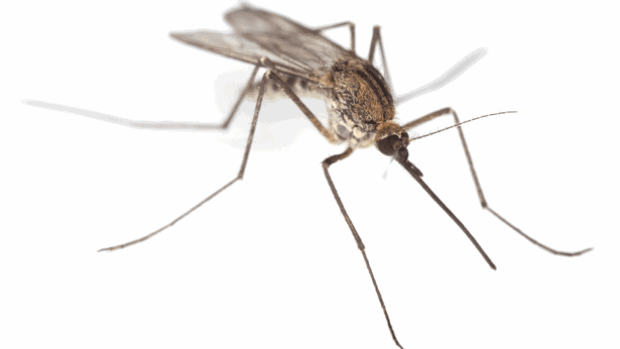
BISMARCK, N.D. (NDDOH) – West Nile virus (WNV) season has begun, and the North Dakota Department of Health (NDDoH) reminds residents to take all steps necessary to prevent WNV.
“West Nile virus is the most common mosquito-borne viral disease in the United States and reemerges every summer in North Dakota,” said Benjamin Schram with the North Dakota Division of Disease Control. “While you are outside maintaining social distance due to Covid-19, we want to encourage everyone to take steps to minimize mosquito bites. There is no human vaccine or specific treatments for West Nile virus, so it is important to protect yourself and your family from mosquito bites.”
One of the best ways to prevent West Nile virus or any other mosquito-borne illness is to reduce the number of mosquitoes around your home and take personal precautions to avoid mosquito bites. Take these precautions to prevent mosquito bites:
- Use insect repellent registered with the U.S. Environmental Protection Agency (EPA) that contain ingredients such as DEET, picaridin, IR3535, oil of lemon eucalyptus, PMD, and permethrin (clothing only). Always follow the directions on the manufacturer’s label for safe and effective use.
- Wear protective clothing outdoors, such as long-sleeved shirts, long pants, and socks.
- Limit outdoor activities between dusk and dawn when mosquitoes are most likely to bite.
- Eliminate stagnant water in containers around homes where mosquitoes can lay eggs (e.g., gutters, buckets, flowerpots, old tires, wading pools and birdbaths).
- Install or repair screens on windows and doors to keep mosquitoes out of your residence.
- Maintain a well-trimmed yard and landscape around your home.
Most people infected with West Nile virus experience no symptoms. Those who develop symptoms will commonly report fever, headache, body/joint aches or rash. People who develop the severe illness may experience stiff neck, altered mental status, paralysis, coma and possibly death. People over 60 or those with underlying health issues are at higher risk of developing West Nile neuroinvasive disease, a severe and sometimes fatal disease.
In 2019, there were nine North Dakota residents who contracted WNV disease.
For more information about West Nile virus, contact Benjamin Schram, NDDoH, at 701-328-2378 or visit www.ndhealth.gov/wnv.
